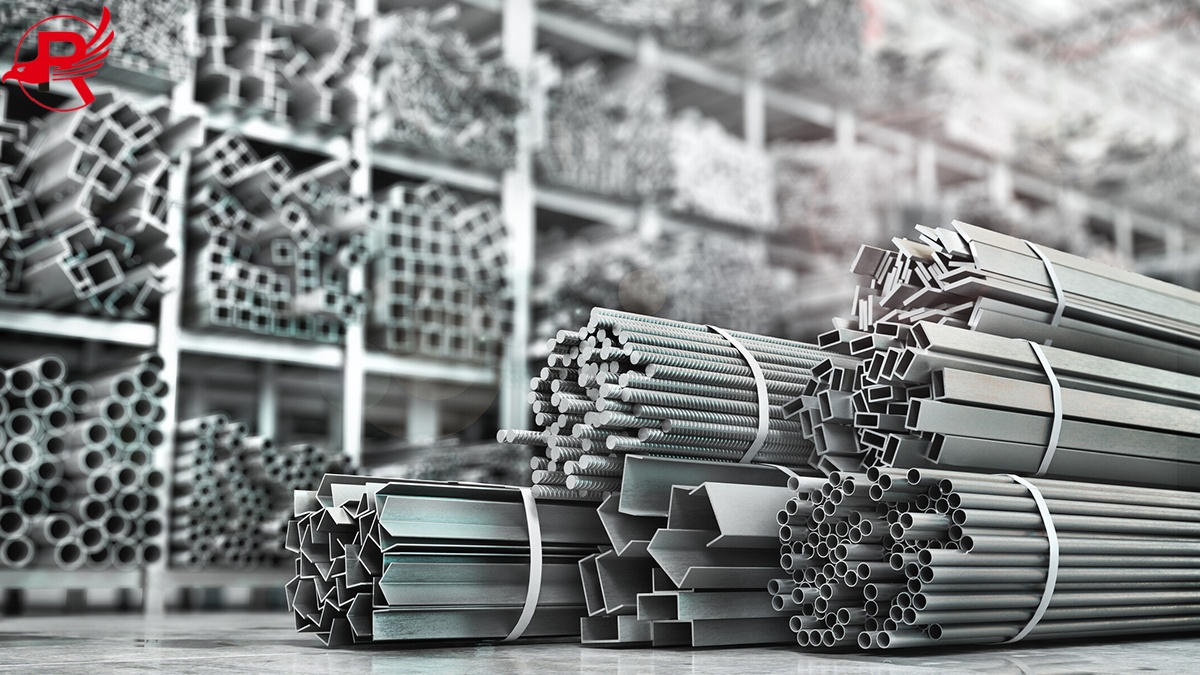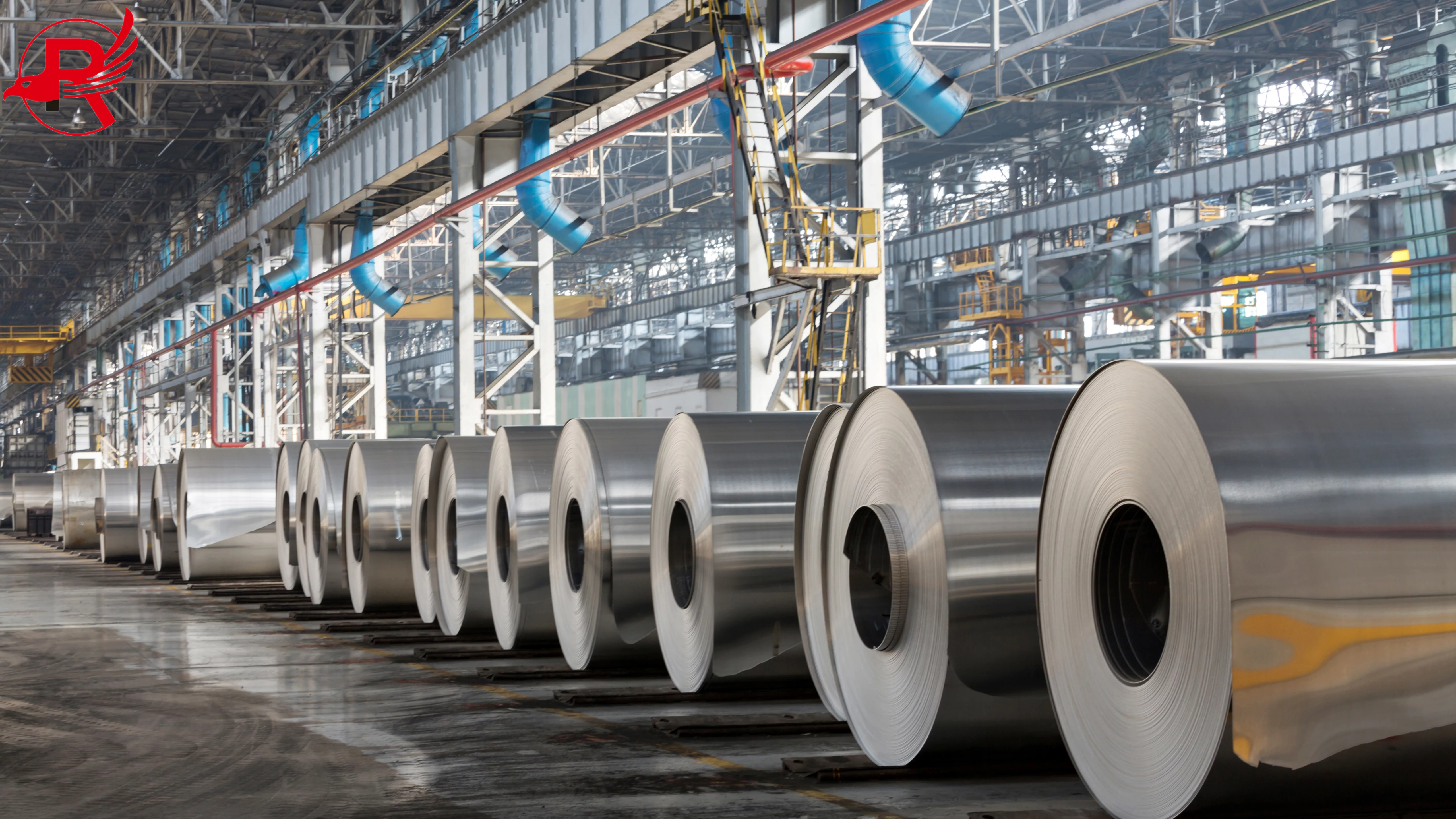1.Beneficial effects:
(1).Increased overseas demand: The Fed's interest rate cut can alleviate the downward pressure on the global economy to a certain extent, stimulate the development of industries such as construction and manufacturing in the United States and even the world. These industries have a large demand for steel, thereby driving China's direct and indirect steel exports.
(2).Improved trade environment: Interest rate cuts will help ease downward pressure on the global economy and invigorate international investment and trade. Some funds may flow into steel-related industries or projects, providing a better funding environment and trade climate for Chinese steel companies' export businesses.
(3).Reduced cost pressure: The Fed's interest rate cut will put downward pressure on dollar-denominated commodities. Iron ore is an important raw material for steel production. my country has a high degree of dependence on foreign iron ore. The drop in its price will greatly ease the cost pressure on steel companies. Steel profits are expected to rebound, and companies may have more flexibility in export quotations.
2.Adverse effects:
(1).Weakened export price competitiveness: Interest rate cuts usually lead to a depreciation of the US dollar and a relative appreciation of the RMB, which will make China's steel export prices more expensive in the international market, which is not conducive to China's steel competition in the international market, especially exports to the US and European markets may be greatly affected.
(2).Trade protectionism risk: Although interest rate cuts may lead to demand growth, trade protectionist policies in Europe and the United States and other countries may still pose a threat to China's exports of steel and steel products. For example, the United States restricts China's direct and indirect steel exports through tariff adjustments. Interest rate cuts will to some extent amplify the negative impact of such trade protectionism and offset some of the demand growth.
(3).Intensified market competition: The depreciation of the US dollar means that the prices of dollar-denominated assets in the international market will fall relatively, increasing the risks of steel companies in some regions and facilitating mergers and reorganizations among steel companies in other countries. This may lead to changes in the global steel industry's production capacity, further intensifying competition in the international steel market and posing a challenge to China's steel exports.



